The main reasons why you should invest in Vietnam
Vietnam has emerged as a premium market choice for foreign investors looking to venture into Asia. The country is located on the South China Sea, and is mostly known for its breath-taking sceneries, great food culture and numerous business opportunities.
Its economy has grown at a fast pace over the last years, mainly thanks to its proximity to China and the favourable business environment. This has seen multinationals like Samsung or Google invest massively in the economy.
Table of Contents
Among the fastest growing economies globally
According to World Bank statistics, Vietnam’s economy has been one of the fastest growing economies in the world in recent years.
This rapid development began with the economic reforms launched in 1986 and the rise has been continuous since.
According to the World Bank, Vietnam’s gross domestic product (GDP) rate has grown steadily, averaging 6.46 percent a year since 2000.
This has allowed Vietnam to become the third largest economy in Southeast Asia. The country also expects to continue its structural transition from the agricultural sector to the industrial sector, thus creating more business opportunities for local and foreign investors.
A strategic location in Asia
The country’s strategic central position in Asia gives it a structural competitive advantage over its neighbors in Southeast Asia.
Its proximity to most Asian markets, China in particular, makes it a perfect location for foreign investors.
Thanks to its 3,444 km long coastline, the country is close to the main maritime routes, thus offering better conditions for trade.
The two main cities of the country are Hanoi, the capital located in the North and Ho Chi Minh City, the economic center and the largest city, located in the South.
Very supportive government policies
Vietnam has always been favorable to foreign direct investment (FDI) and encourages it by constantly renewing regulations and offering tax incentives to favor more investors who invest in certain geographical areas or sectors of special interest, for example ex. high-tech or healthcare sectors today.
Vietnam recorded more than $26 billion in FDI in 2019. Giants like Samsung, Nestlé and LG are among the biggest contributors.
Since 2015, the government has assumed the rules of land ownership for foreign investors, who can now be 100% owners, for a renewable period of 50 years.
Openness to the world thanks to new trade agreements
Another indication of Vietnam’s openness to the global economy are the numerous trade agreements signed to make the market more liberal.
Some memberships and agreements include: the ASEAN Free Trade Area (AFTA), the World Trade Organization (WTO), the Bilateral Trade Agreement (BTA) with the United States and the Free Trade Agreement -exchange with the European Union.
All of these treaties demonstrate that Vietnam is keen to promote the country’s economic growth and will continue its commitment to trade with other countries.
A large and dynamic population
Vietnam is currently the 14th largest country in the world with 96.5 million people in 2020, more than any European country.
The population is expected to reach 105 million by 2030. With such a large population and a booming economy, higher incomes and more investment opportunities are expected.
Vietnam’s middle class is growing faster than any other Southeast Asian country. Experts estimate that the middle class will reach 95 million by 2030, which will support consumerism and make the country a profitable target for foreign investors.
A young population
Compared to China where people are aging rapidly, Vietnam’s population is young, with an average age of 30.8 years compared to 37.3 years in China according to studies.
Experts have also shown that 60% of Vietnamese are under the age of 35. In addition, the country also invests more money in education than other developing countries, bringing in a large skilled labor force.
Although most Vietnamese are still conservative when it comes to spending, they switch from shopping to meeting basic needs to also bragging about their styles and new social status.
The demand for modern retail services has increased, making the retail sector an attractive investment area in Vietnam.
A boom in the tourism industry
With its cultural diversity and well-preserved natural habitats, Vietnam has become a popular tourist destination.
Every year, millions of people visit the country to experience the scenic coastlines, wild forests, mountains and excellent cuisine, which has a direct positive impact on the country.
Although Vietnam’s tourism industry is still developing, it already plays a key economic role in attracting foreign investment, creating jobs and providing investment opportunities for small business owners.
The shift of Vietnamese labor from agriculture to the service industry created by the growth of tourism has the potential to increase disposable incomes and reduce poverty.
Tourism in Vietnam benefits all sectors of the economy.
Major investment in infrastructure development
The country has experienced an infrastructure boom in recent years, being the second country in Asia to invest a large portion of its GDP in infrastructure development.
The government is investing in new ports, such as Hai Phong in the north, highways and hospitals, while upgrading existing ones.
This made it easier to move within the country. The government has hired international companies to help improve and build new infrastructure, such as the railway line that connects Hanoi and Ho Chi Minh City, and the $921 million investment plan to improve industrial parks.
Ease of doing business with relatively low costs
Vietnam has made many changes to its regulations to make investing in the country more transparent.
According to a recent study, Vietnam ranks 82nd out of 190 countries in terms of the ease of doing business.
Compared to the previous year, the ranking has improved by 9 positions, in particular thanks to the improvements made to the administrative processes.
Based on their economic models, Trading Economics predicts that Vietnam will rank 60th by the end of 2020.
Therefore, the future prospects of the ease of doing business in Vietnam are very promising.
Unlike many other countries, it is possible to start a business in Vietnam without having a minimum amount of capital required.
Why Vietnam can be considered the next China
According to the World Bank, Vietnam’s economic growth has taken the country from one of the world’s poorest countries to a lower-middle-income country over the past three decades.
If the economic growth of nearly 7% of GDP per year continues, Vietnam’s development could be compared to what the Chinese economy experienced a decade ago.
China is losing popularity among global companies who increasingly prefer to build factories in Southeast Asia.
This is mainly due to rising costs, more regulations, lower growth, the US-China trade war, and a strong domestic trend in the Chinese market.
East Asia is slowing down, while Southeast Asia is on the rise. Vietnam is one of the most promising markets in Asia as it opens up to foreign investment – and buying property is arguably the best way to take advantage of Vietnam’s economic boom as a whole. .
useful articles
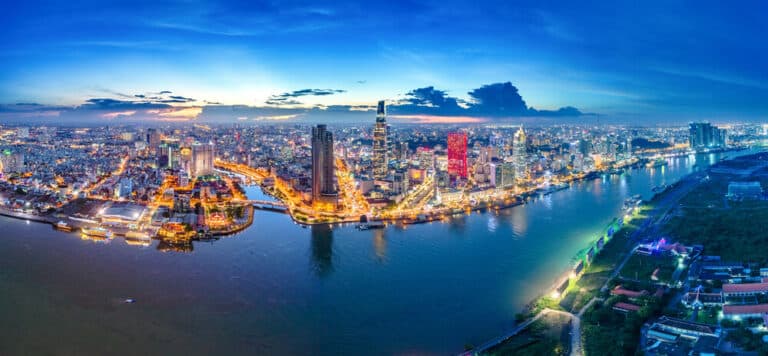
How to Buy Property in Vietnam as a Foreigner
How To Buy Property in Vietnam As a Foreigner? Introduction In this comprehensive guide, we will explore the process of
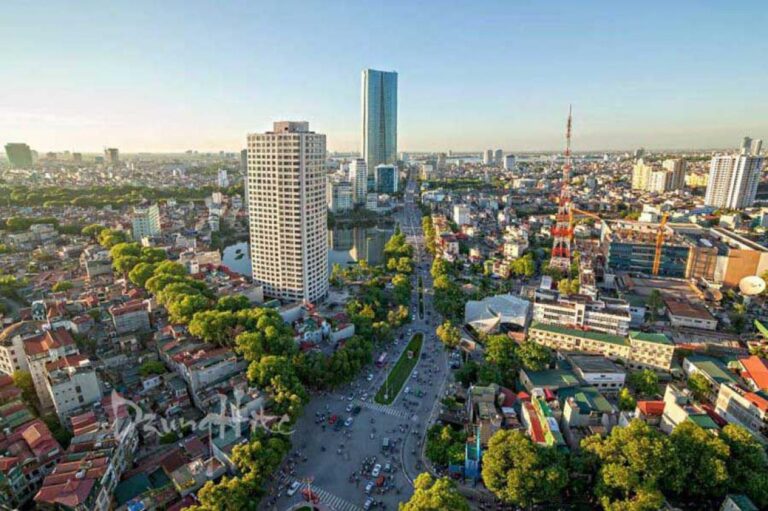
Vietnam real estate market is the fastest growing in Southeast Asia
Vietnam’s real estate market is the fastest growing in Southeast Asia By Beach & Houses Troy Griffth, Deputy Managing Director
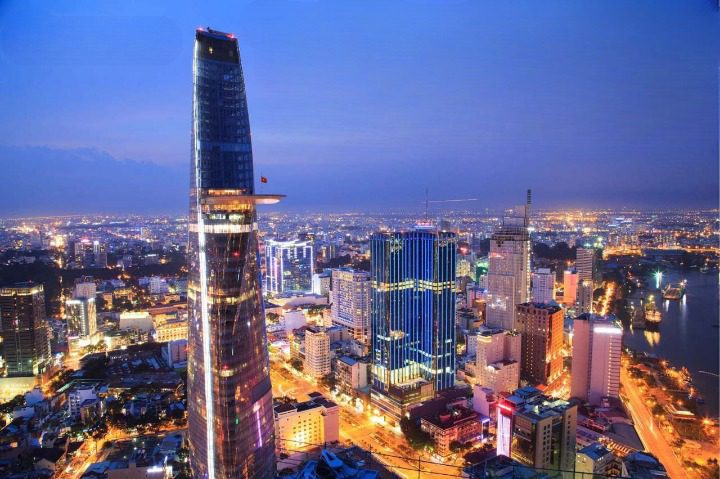
The main reasons why you should invest in Vietnam
The main reasons why you should invest in Vietnam Vietnam has emerged as a premium market choice for foreign investors
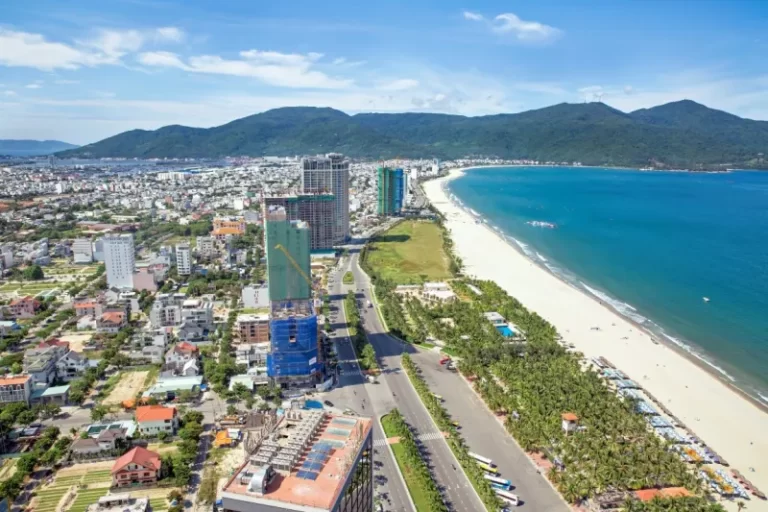
Buying Real Estate in Danang: What You Need To Know
Buying Real Estate in Danang: What You Need To Know Danang Beach Why buying real estate in Danang? Da Nang
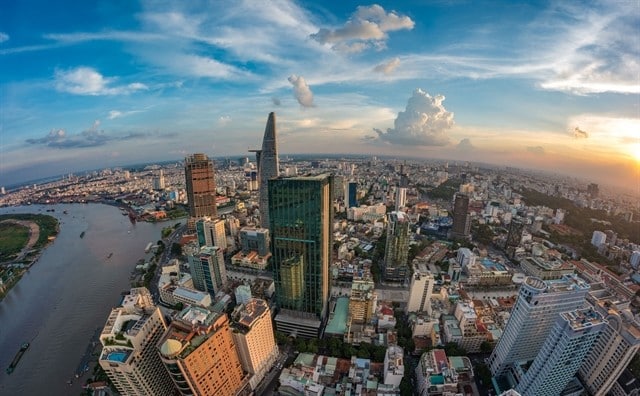
Vietnam Real Estate FAQ
Vietnam Real Estate for Foreigners – Frequently Asked Questions Can foreigners buy real estate in Vietnam? Since July 1st, 2015,
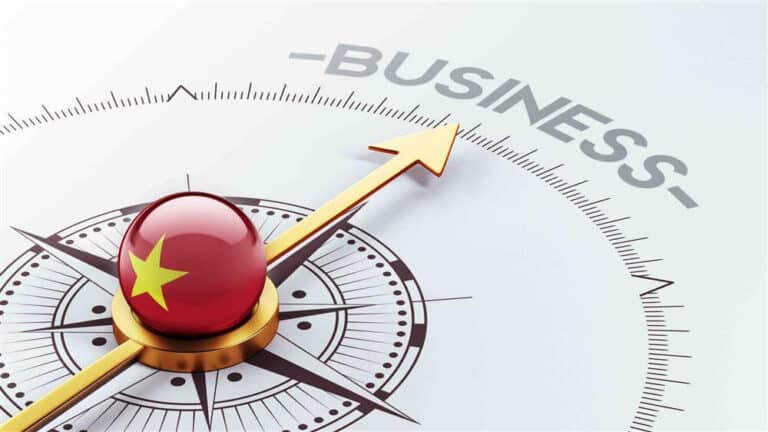
How To Buy a Business in Vietnam
How To Buy a Business in Vietnam A foreign investor / entrepreneur has the choice between buying a company entirely,
Properties that may interest you
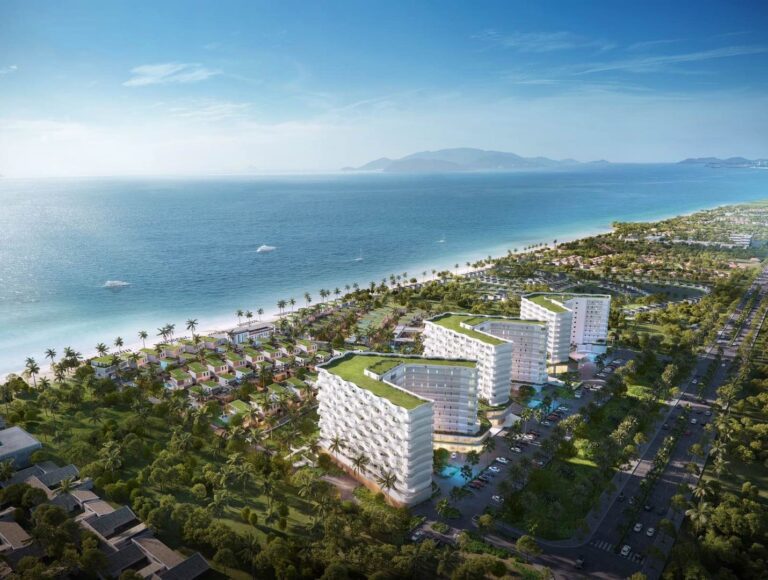
Hoi An Beach Apartment For Sale – Shantira
Previous Next Vietnam Beachfront Apartments & Condominium For Sale Project Already Under Construction: See Video Below Studios & 1, 2,

Felicia Danang 1 Bedroom Apartment
Beachfront Condo Felicia Danang: 1 Bedroom Apartment For Sale 1 Bedroom | 1 Bath | Living area: 30 m² From

Shantira Studio For Sale
Danang New Sea View Studios For Sale Studio | 1 Bathroom | Living area: 34 m² From US$85,000 https://www.youtube.com/watch?v=skI2gx_5FnY Brand

The Filmore Danang Loft Apartment
Danang New Loft Apartment 2 Bedrooms with River View For Sale THE FILMORE CONDOMINIUM DANANG 2 Bedrooms | Indoor Living

The 6Nature Danang
My Khe Beach Danang Seafront Condos for Sale The New 6nature Condominium From $126,000 Previous slide Next slide The 6Nature

Beachfront villas for sale in Hoi An da nang
Vietnam Luxury Beachfront Villas For Sale in Hoi An Complex Under Construction: See Video Below 2 & 3 bedrooms |
CONTACT US

